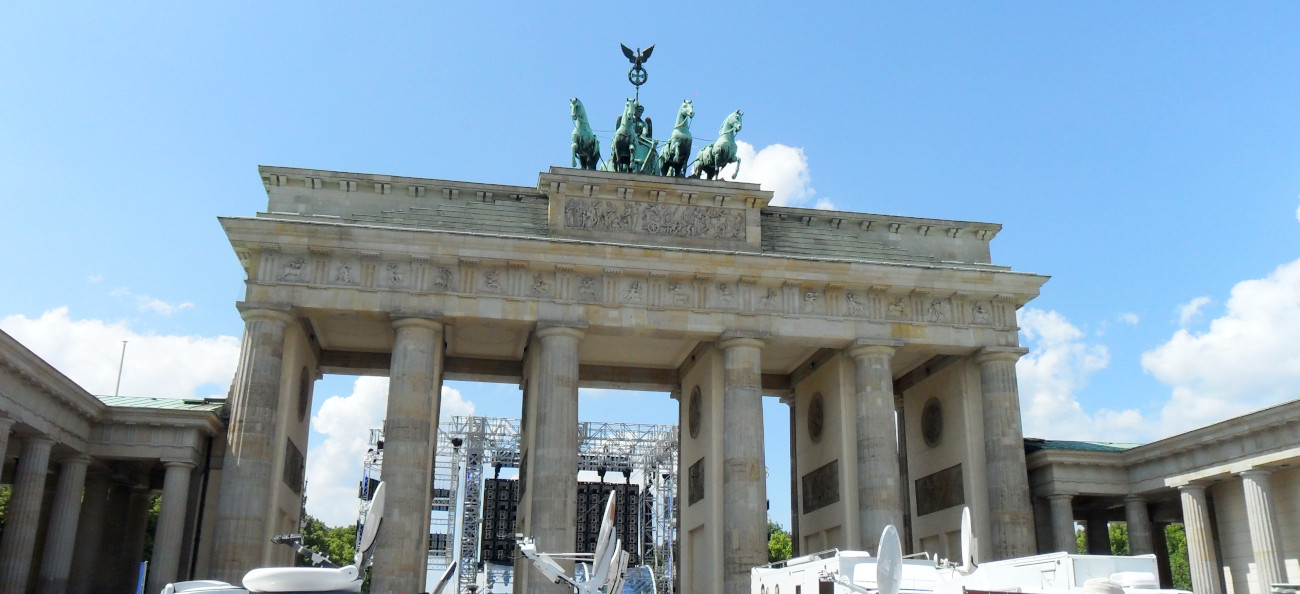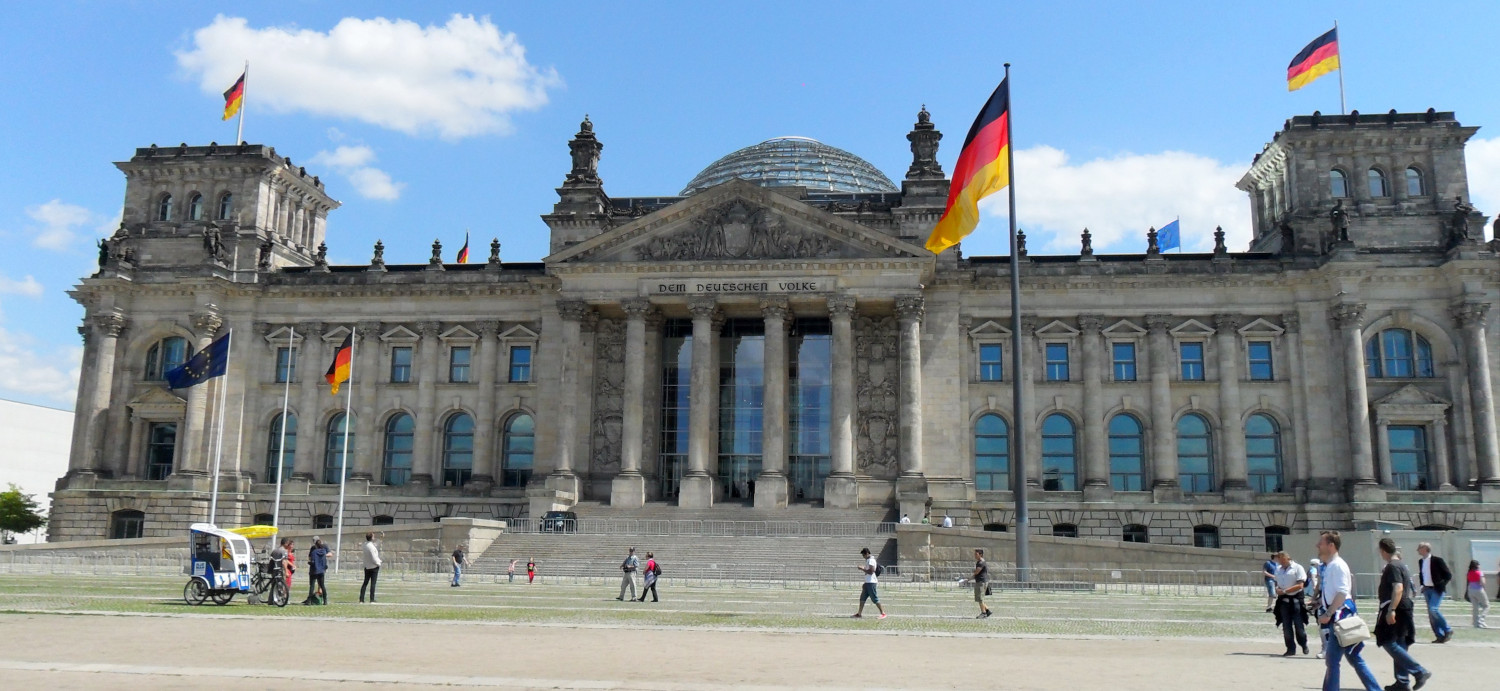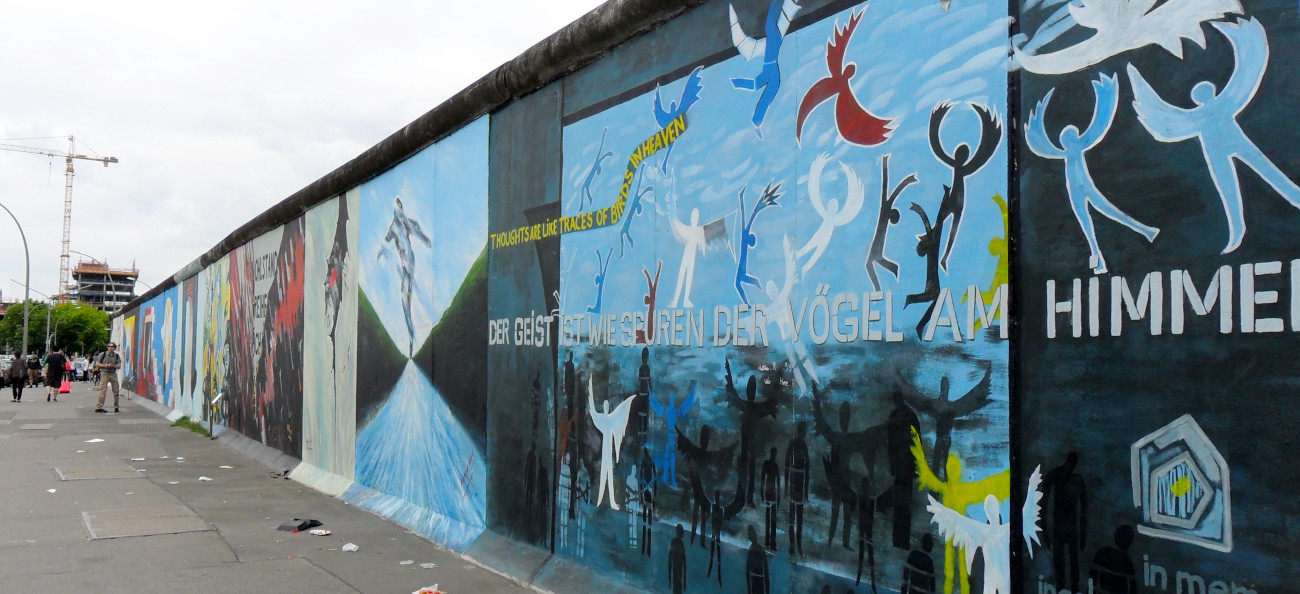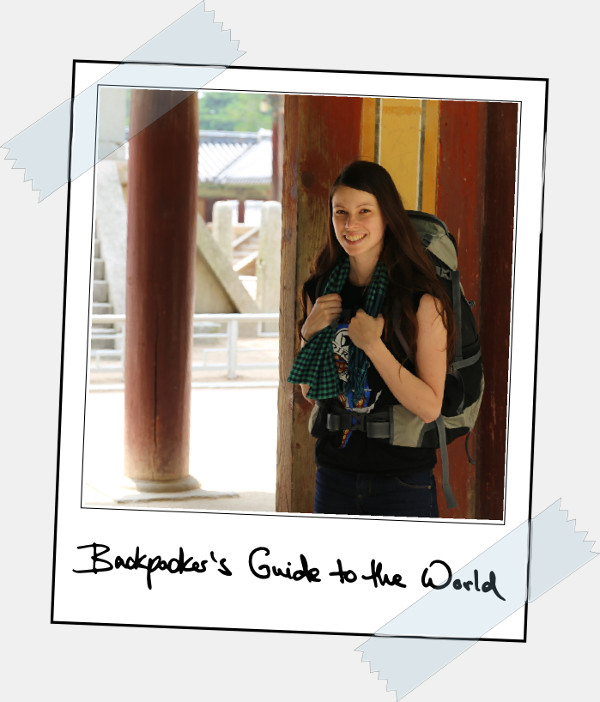#4 My last days in Germany
About ten years ago, the first destination of my world trip was Bonn – from 1949 to 1990 Bonn was the capital of West Germany. Before leaving my home country for nine months, I wanted to explore a bit more of it. A friend who studied in Bonn gave me a ride and “shelter” for a few days. It didn’t feel like being on a big trip at all, more like a weekend away with friends. I explored Bonn on foot spending a long time in the “Haus der Geschichte” (House of History) which is a free museum on German history starting from 1945. As a German in Germany, I had never really thought about national identity. Though I was interested in German history, grew up in the country, perfectly knew the language obviously and so on, I didn’t quite know what it meant to be a German. I had met many people from the US that expressed a strong connection to their country, being proud of the US, its achievements, and freedom. As a German, I couldn’t really feel that. I knew parts of the German anthem, that was it.
One cannot measure or quantify[1]Acquiring citizenship somehow attempts to do that by knowledge of the language and a citizenship exam. However, this is more to ensure a common understanding of specific information. national identity, but back then I tried. I felt uncomfortable identifying with Germany, especially considering the past and all the terrible things Nazi Germany has done. More than 6 million people were killed in the Holocaust. During school time, I felt smothered by all the history lessons about Nazi Germany and its crimes starting at the fifth grade going all the way to graduation. At the age of ten, I even met Erna de Vries an Auschwitz survivor who died at the age of 98 just four weeks ago. On her arm, one could still see her prisoner number. As a ten-year-old, I couldn’t conceptualize what her story actually meant. In Bonn, I started to process German history in a very different way. Although I wasn’t even born back then, I felt deeply responsible for crimes Nazi Germany did. Digging a bit in my family history, I found out that no one was really part of the regime. My great-grandfather even had some trouble because he didn’t want to do the “Hitler salute”. Today, I think that the history of a country in the bigger picture is similar to the stories of individuals. There are dark times, the past cannot be changed. What we can change though is how we deal with it in the present. Considering that, Germany has done a great job. Guards who worked in concentration camps were prosecuted even decades later when new information came up. The way Germany dealt and still deals with its history is far from perfect, but responsibility is taken. That responsibility is something that I consider part of being a German. Still, positive aspects of the German national identity were at first difficult to pin down for me.
With a stop in Jena where I visited another friend, I hitchhiked to Berlin – the German capital. My couchsurfer had canceled on me (the full story is here). Being in the German capital was very different from what I had imagined. On the first evening, I waited for someone at an event. My visit was during the European soccer championship. The city was awfully crowded, public viewing places were everywhere. I stood there with my backpack looking all dressed up and nowhere to go. Several people approached me offering some help, e.g., a place for shelter or a place for free breakfast. That overwhelmed me in a very positive sense. The following day, the other couchsurfer was so amazing and lent me her ticket for public transport. I explored many places I always wanted to see:
- the Eastside Gallery which is the longest remaining section of the Berlin Wall. It’s 1.3km long and showcases graffiti from many different artists
- the Reichstag which houses the Bundestag – Germany’s parliament
- the Brandenburg Gate – once a gate to Berlin that later on marked the separation between West and East. Today it rather symbolizes the union of Germany
- the Berlin Victory Column reminding on the Wars of Unification
And many more places. I again was confronted with German history, wars in the past, and also the Memorial to the Murdered Jews of Europe. On the other side, I was confronted with partying soccer fans almost everywhere. On the following day, I explored the Museum Island that hosts the “Altes Museum”, the “Neues Museum”, the” Alte Nationalgalerie”, the Bode-Museum. and the Pergamonmuseum. The last museum shocked me because it had many huge original exhibits, like the Ishtar Gate and the Processional Way of Babylon. It honestly hurts a lot to see that those structures have been taken away from their original spots and put in a museum. But enough of that little detour.

The Brandenburg Gate – onece an entrance to Berlin it emerged to a kind of border between the East and West. Now, it rather symbolizes German unity.
During my time in Berlin, I realized:
National identity is nothing that defines or restricts you. It isn’t prescription individuals have to fit. That means there are no clear-cut rules making a German a German.
To be a German you don’t have to love soccer, wear socks in sandals, drink beer all the time, have insurance for everything, eat sausages, love rules and regulations[2]During the refugee crisis, German chancellor Angela Merkel had some questions about fire safety in refugee tents., love cars or drive like a lunatic on the Autobahn[3]There are spots without a speed limit, but seriously one doesn’t have to go 250km/h there..
However, if you love good bread, think garbage sorting is important, like potatoes, or value sustainability like I do, those are some very German traits. But to finally realize that I actually had to leave Germany for a while. A world trip of nine months wasn’t enough for that. I had to live in three different countries, learn a few languages and marry a guy from a country with a strong national identity.
Ten years ago, waiting at the airport in Berlin, I was really nervous about leaving the European Union for the first time[4]I had traveled to the UK, but that was way before Brexit.. After a four hours flight, I arrived in Moscow early in the morning. My boyfriend actually had joined me which was very helpful because he knew Russian and lessened the culture shock a bit. But no amount of Russian prevented us from the following. We boarded the subway which -according to my boyfriend- was supposed to go to our hostel. A few meters into the tunnel, the train stopped and all doors opened. We were the only ones on the train. The conductor came and was a bit surprised and asked us to follow him. That meant we had to walk on a tiny bridge next to the train. Apparently, the train was going where we wanted but had to change directions in the tunnel first.
With that, I would like to end today’s post. Where are you from and what do you think about national identity? Is there any German stereotype that you would like to add?
Don’t Panic!
References
| ↑1 | Acquiring citizenship somehow attempts to do that by knowledge of the language and a citizenship exam. However, this is more to ensure a common understanding of specific information. |
|---|---|
| ↑2 | During the refugee crisis, German chancellor Angela Merkel had some questions about fire safety in refugee tents. |
| ↑3 | There are spots without a speed limit, but seriously one doesn’t have to go 250km/h there. |
| ↑4 | I had traveled to the UK, but that was way before Brexit. |



 Backpacking is my favourite "hobby" and here I write tips, tricks and reports about it.
Backpacking is my favourite "hobby" and here I write tips, tricks and reports about it.